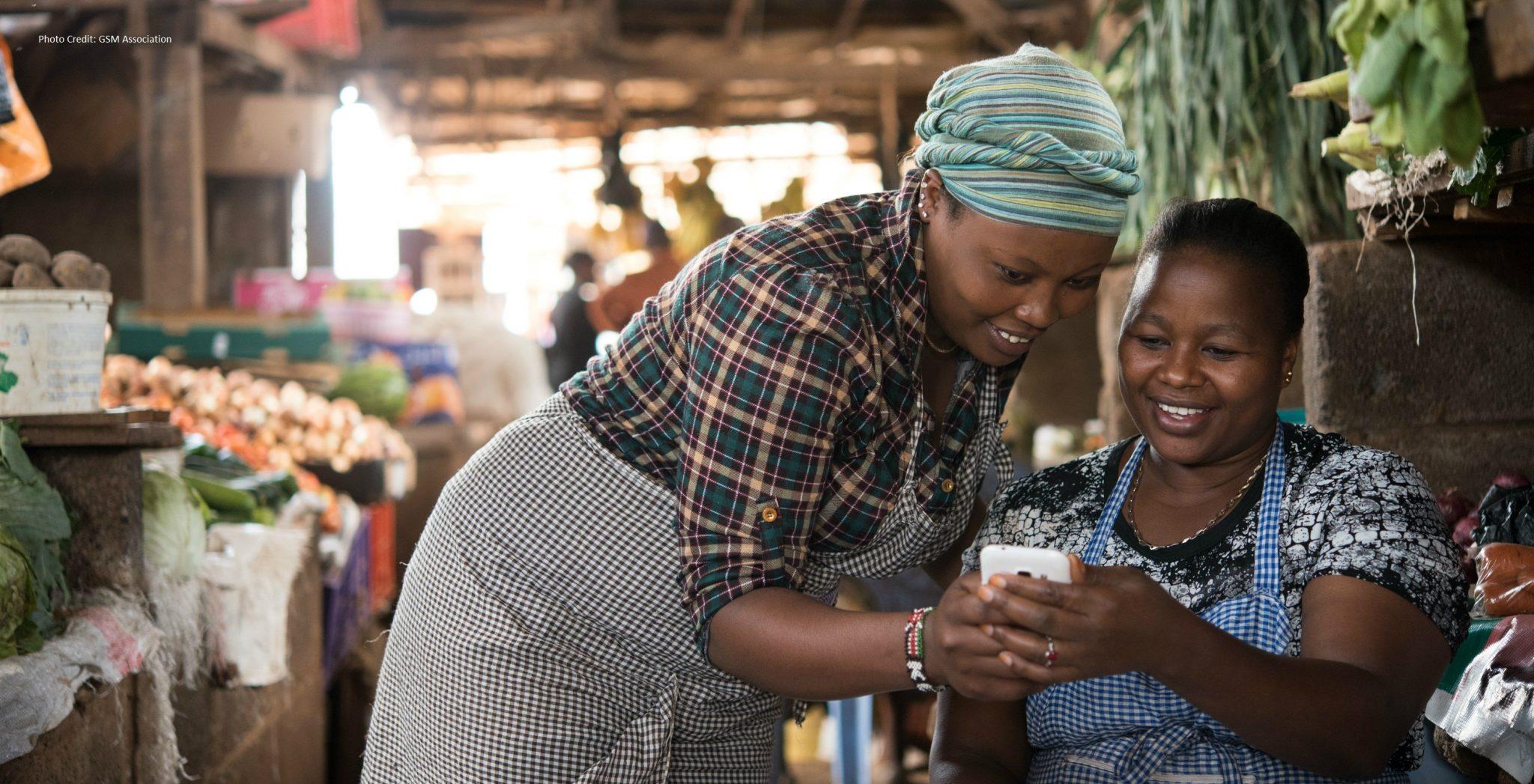Overview
The Retail Finance Distribution (ReFinD) is a research initiative that focuses on deepening digital financial inclusion for women, poor households, SMEs, and other retail businesses in low and middle-income countries (LMICs).
Funded by the Bill & Melinda Gates Foundation and implemented by the Institute of Statistical Social and Economic Research (ISSER), at the University of Ghana, in collaboration with international partners, ReFinD provides sub-grants to research institutions/ commercial partners in Sub-Sahara Africa, South East Asia, and South Asia to undertake research and test innovations in retail finance/ agent banking.
Click here to access the ReFinD Framework Paper
.
ReFinD’s Aims
The initiative aims to demonstrate both:
a) how to effectively expand the reach of agent networks through public policy and commercial solutions that can plausibly be scaled up, and
b) how to advance public knowledge about the structural constraints limiting agent networks globally.
Read the institutional brochure
Research Focus
Markets for digital financial services (DFS), particularly mobile money and agent banking, are growing rapidly in low- and middle-income countries and being transformed by several digitization initiatives. Retail distribution and vendor networks are necessary building blocks to a robust digital finance ecosystem, due to their ability to convert money between physical cash and digital currency and serve as onboarding channels for a broader set of digital financial tools and services. Emerging evidence demonstrates the importance of well-functioning agent networks in driving the adoption and use of DFS. Yet, rigorous quantitative work and evidence about the functioning and organization of vendor networks, retail vendor incentives and behavior, and interventions to expand network reach and density is limited, with many open research questions remaining.
ReFinD is a sub-grants-awarding research initiative that aims to support interventions that will effectively expand the reach of agent networks and improve the efficiency of agent network operations through public policy and commercial solutions that can plausibly be scaled. It also seeks to advance public knowledge about the structural constraints limiting agent networks globally. The initiative’s overarching focus is on multidisciplinary research that evaluates interventions that drive digital financial inclusion among the vulnerable and excluded. It focuses specifically on some broad DF retailing issues of prime importance to policymakers, practitioners, and researchers in LMICs: (i) the organization of retail-DF, (ii) vendor incentives and behaviour, (iii) constraints to the expansion of DF retail distribution networks, (iv) the impact of policy interventions on retail distribution practice, (v) relevant regulations and other institutional arrangements that impact agent density, and (vi) women’s access to digital financial services.
Research Approach
The Initiative's approach is to catalyze collaborations among researchers, policymakers, and financial service providers to experiment with practical solutions for expanding the reach of mobile money and agent banking networks that are essential for connecting low-income households, women, and vulnerable populations to formal financial services. It commits to supporting projects based in low-and-middle-income countries in Sub-Saharan Africa, Southeast Asia and South Asia in a manner that fosters real collaboration between researchers in the Global South and Global North.
To achieve the project goals, ISSER is facilitating partnerships between policymakers, commercial digital financial service providers, and researchers, and providing funding for pilot and large-scale research projects. Funding is targeted at rigorous, high-impact research projects with the potential for publication in high-impact journals on economics, development, and management, and relevance for informing practical real-world solutions at scale. The Initiative will support the dissemination of research insights through the publication of policy briefs, the hosting of convenings, and other activities designed to inform policy and practice.

